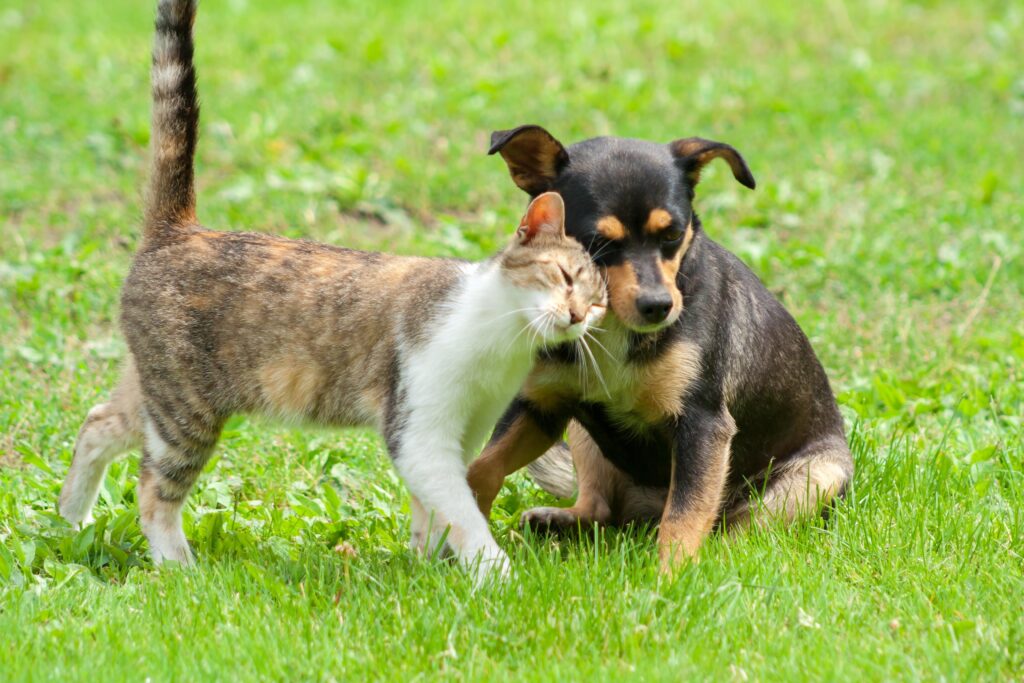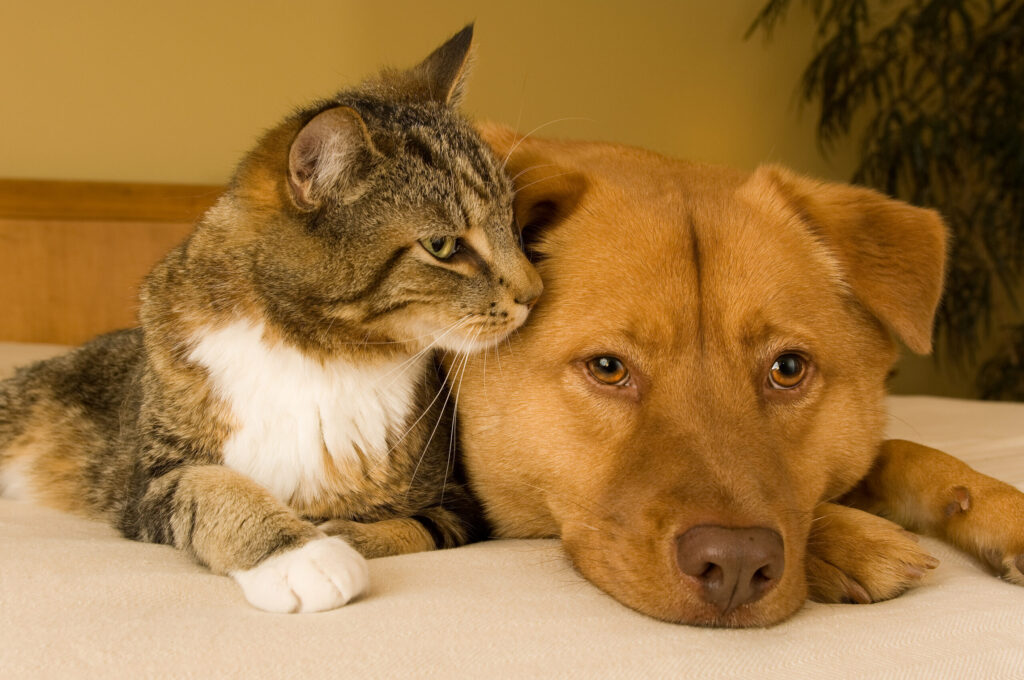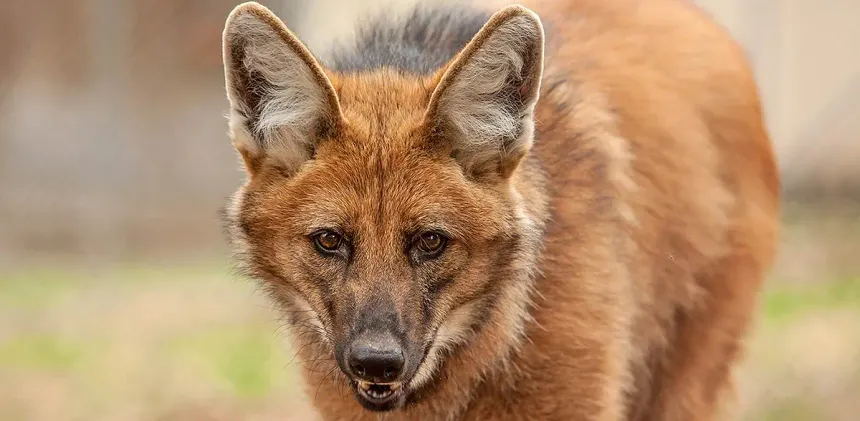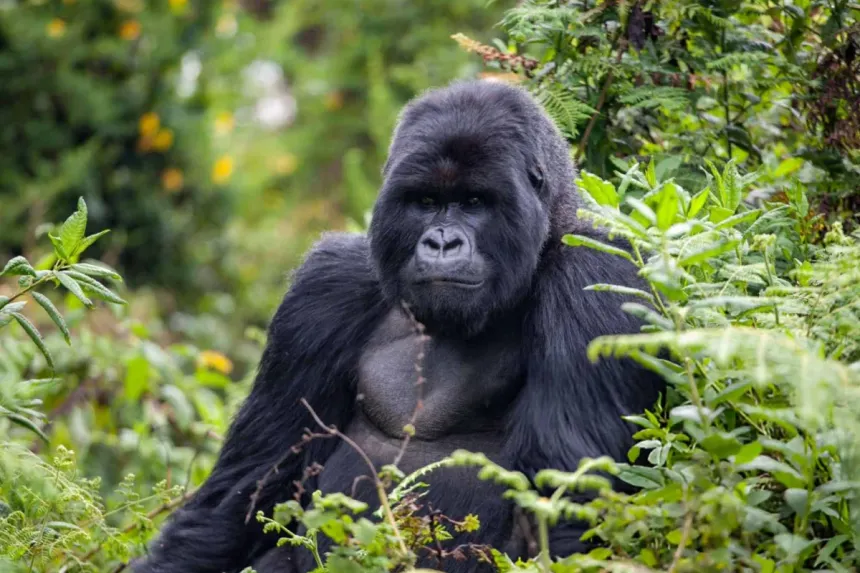Why Is Cat Food Not Good for Dogs? — Understanding the Nutritional Risks

While both cats and dogs are beloved members of the pet family, their dietary needs are fundamentally different. You might think it’s harmless to let your dog nibble on your cat’s food, especially since both are meat-based diets. However, cat food is not suitable for dogs, and feeding it regularly can lead to serious health problems. Here’s why.
🧬 Different Nutritional Needs
Cats are obligate carnivores, meaning they require a diet made almost entirely of animal protein. Dogs, on the other hand, are omnivores, meaning they need a balanced diet of meat, grains, vegetables, and fruits to thrive. Because of this difference:
- Cat food is much higher in protein and fat than dog food.
- It lacks key nutrients that dogs need, like appropriate levels of fiber, vitamins, and carbohydrates.

⚠️ Health Risks for Dogs Eating Cat Food
- Obesity and Pancreatitis
Cat food’s high fat and calorie content can lead to rapid weight gain in dogs and increase the risk of pancreatitis, a painful and potentially serious condition that causes inflammation of the pancreas. - Stomach Upset
Even a single serving of cat food may cause vomiting, diarrhea, or gas in dogs, especially those with sensitive stomachs or pre-existing digestive issues. - Liver and Kidney Stress
Long-term consumption of high-protein cat food can overwork a dog’s liver and kidneys, particularly in senior dogs or those with underlying health conditions. - Nutrient Imbalances
Dogs require different ratios of nutrients like calcium and phosphorus. Cat food isn’t designed to support dog-specific needs and may lead to nutrient deficiencies or imbalances over time. - Behavioral Problems
Dogs may become food-obsessed or begin to ignore their own food in favor of tastier, fattier cat food, leading to poor eating habits and food guarding.
🍽️ What to Do If Your Dog Eats Cat Food
If your dog accidentally eats a small amount of cat food, there’s usually no need to panic. Watch for any signs of stomach upset like drooling, gas, vomiting, or lethargy. If symptoms persist or your dog has a known health issue, contact your vet.
However, repeated or long-term access to cat food should be avoided. Prevent this by:
- Feeding cats and dogs separately
- Elevating the cat’s bowl where the dog can’t reach
- Using a pet food dispenser or door gate to keep access limited

✅ Conclusion
Cat food is carefully formulated to meet a cat’s dietary needs — not a dog’s. While an occasional nibble won’t usually harm your dog, routine consumption can lead to serious health issues. To keep your dog healthy and happy, stick to high-quality, dog-specific food that meets their nutritional requirements.




